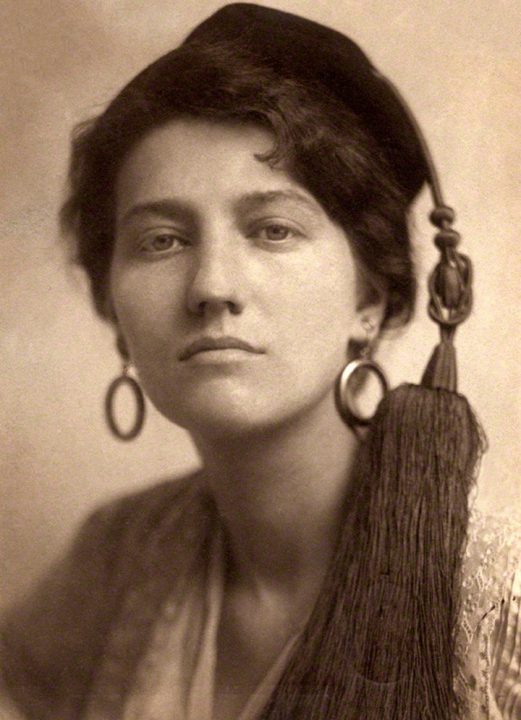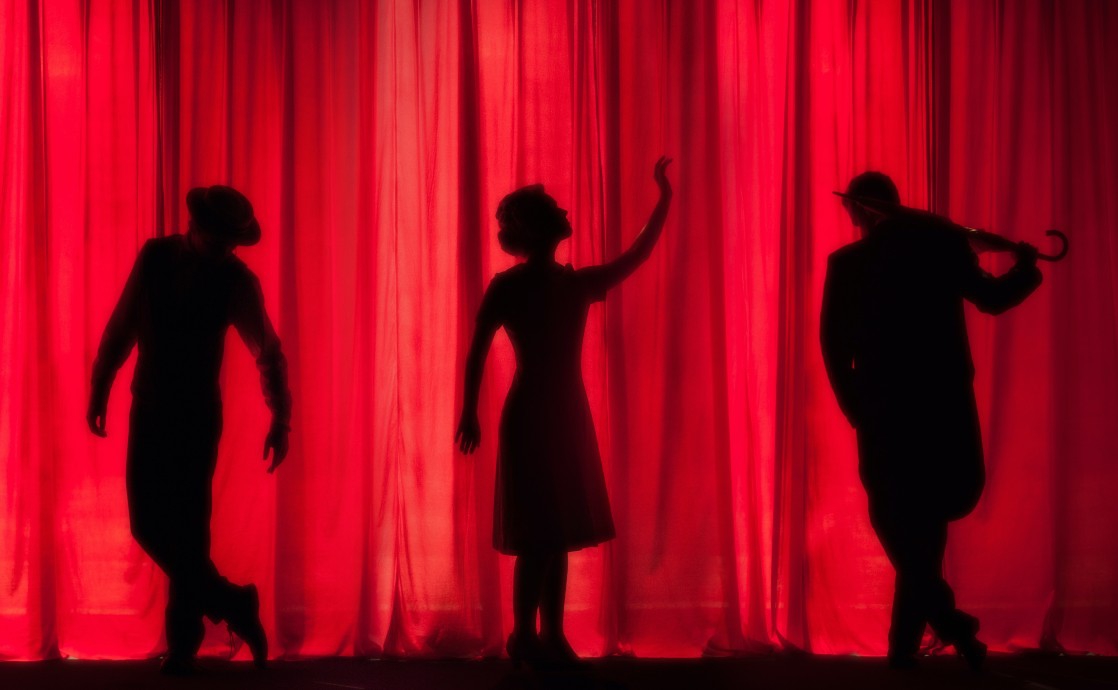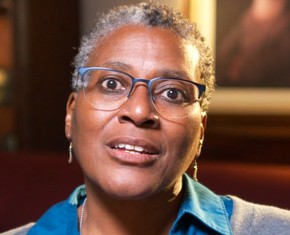The views expressed in our content reflect individual perspectives and do not represent the authoritative views of the Baha'i Faith.
When Abdu’l-Baha – the son of Baha’u’llah, who founded the Baha’i Faith – first became a free man in 1908 at the age of 64, he began to quietly contemplate traveling from the Middle East to the West.
Try to imagine the scope of that journey. Imprisoned for his beliefs for 40 years, the son and successor of Baha’u’llah left Palestine after the revolution of the Young Turks freed him. He then came to the Western world, where he promulgated the Baha’i principle of universal peace to huge audiences who clamored to meet him.
Let me recount just one of the remarkable parts of that story — how Abdu’l-Baha, who grew up in the midst of a traditional Muslim culture, became an enthusiastic advocate of contemporary Western drama and even wrote a play about the coming of a new prophet of God.
Along with Baha’u’llah and the rest of his family, Abdu’l-Baha suffered imprisonment and repeated exile to successive prisons throughout much of his childhood and all of his adult life until 1908. He was imprisoned because Baha’u’llah’s modern teachings — the oneness of religions, nations, and races — made him and his followers a threat to the fundamentalist clerical and political leadership in the region, which meant that the Baha’is underwent wholesale torture, imprisonment, and death by the thousands.
RELATED: A Day in Akka with Abdu’l-Baha
In 1868, when Abdu’l-Baha was a young man in his early twenties, Baha’u’llah’s family was finally exiled to the worst of the Ottoman Empire’s prisons, the ancient walled fortress of Akka. Abdu’l-Baha lived there, near the city of Haifa in what was then Palestine and is now Israel, for 40 years. In 1908, the Young Turks’ revolt occurred in the Ottoman Empire, and the absolute tyranny of Sultan Abdul-Hamid II finally came to an end. After that revolution happened, the Empire’s constitution was restored and religious and political prisoners were freed.
The conditions he lived under for so long are hard to comprehend now. Abdu’l-Baha initially experienced exile from his homeland of Persia in 1852, at the age of 8. Baha’u’llah, banished by the Shah, first went to Baghdad, where the family lived as poverty-stricken exiles for a decade. Then, exiled again in 1863, Baha’u’llah’s family was ordered to Constantinople, and shortly thereafter to Adrianople. Finally they were imprisoned in terrible conditions in the medieval fortress of Akka in 1868. Because they had done nothing wrong, however, the prison guards and the prison and municipal officials gradually relented in the 1870s, allowing Baha’u’llah and his family to leave the prison and live under modified forms of house arrest.
Despite his long imprisonment and the pain and privation that went with it, Abdu’l-Baha spent his entire life spreading the peaceful and compassionate teachings of the Baha’i Faith. In doing so, he transcended the culture he grew up in and, in his sixties, became a world-renowned advocate for the Baha’i principles of global peace, racial unity, and gender equality. He also actively promoted the primacy of the arts, as this passage from “Abdu’l-Baha in London” indicates:
An actor mentioned the drama, and its influence. “The drama is of the utmost importance,” said Abdu’l-Baha. “It has been a great educational power in the past; it will be so again.” He described how as a young boy he witnessed the Mystery Play of Ali’s Betrayal and Passion, and how it affected him so deeply that he wept and could not sleep for many nights.
In 1910, shortly after he gained his freedom, Abdu’l-Baha traveled to Egypt, where he intended to soon depart for Europe and America. However, suffering from the effects of his lifelong imprisonment, he wound up spending almost a year recuperating in Port Said, Alexandria, and Cairo.
Finally, in August of 1911, Abdu’l-Baha boarded a steamship and fulfilled his aim of sailing to Europe. He spent four months in Switzerland, France, and Great Britain sharing the Baha’i Faith with large crowds, encouraging the nascent Baha’i communities there, and urging the heavily-armed group of European and Asian nations to avoid the coming war. While in London, Abdu’l-Baha saw his first Western stage play, a Christmas story called “Eager Heart,” written by poet and playwright Alice Buckton. He was reportedly once again moved to tears by the play’s portrayal of the Christ child.
RELATED: Abdu’l-Baha: Living the Baha’i Message
Abdu’l-Baha returned to Europe after his eight-month-long North American travels in 1912. On January 17, 1913, the British playwright, actress, and stage historian Gabrielle Enthoven invited Abdu’l-Baha to her home. Enthoven, a major figure in the British theatre world during that time, worked with Oscar Wilde and Noel Coward, among many others. Abdu’l-Baha’s first meeting with Gabrielle Enthoven, reported in the Baha’i magazine “Star of the West”, had gone like this:
When Abdu’l-Baha was in London, in 1913, among his many callers was an actress who spoke to him of the theatre and her work. “We also have a theatre,” said Abdu’l-Baha. The actress immediately became all interest and enthusiasm. “Yes, where is it?” she said. “I should love to see it. Can I play in it?”

“Our theatre,” Abdu’l-Baha answered, smiling, “is built in a country where there is eternal springtime. The streets of that city are as clean as the surface of a mirror. The lights of that playhouse are the rays of the Sun of Reality, the actors of our drama are the Holy Manifestations of God, the audience is composed of pure and sanctified souls. They play their parts with the most delicate art. They deliver their words with power and potency. The stage of our theatre is the arena upon which is played the sublimest tragedy, the most terrible drama, the most thrilling and heart-moving events of life.
“Come and join our company. You have acted all your life upon the material stage. Now come and act on this celestial stage. Your fellow actors will assist you, will coach you in your part and, step by step, you will become a star shining in the galaxy of those heavenly inspired dramatists.”
Abdu’l-Baha’s conversations with the actors and dramatists of London inspired something more, as well. In the next essay in this series, we’ll read the play Abdu’l-Baha revealed to Gabrielle Enthoven.
















Comments
Sign in or create an account
Continue with Googleor